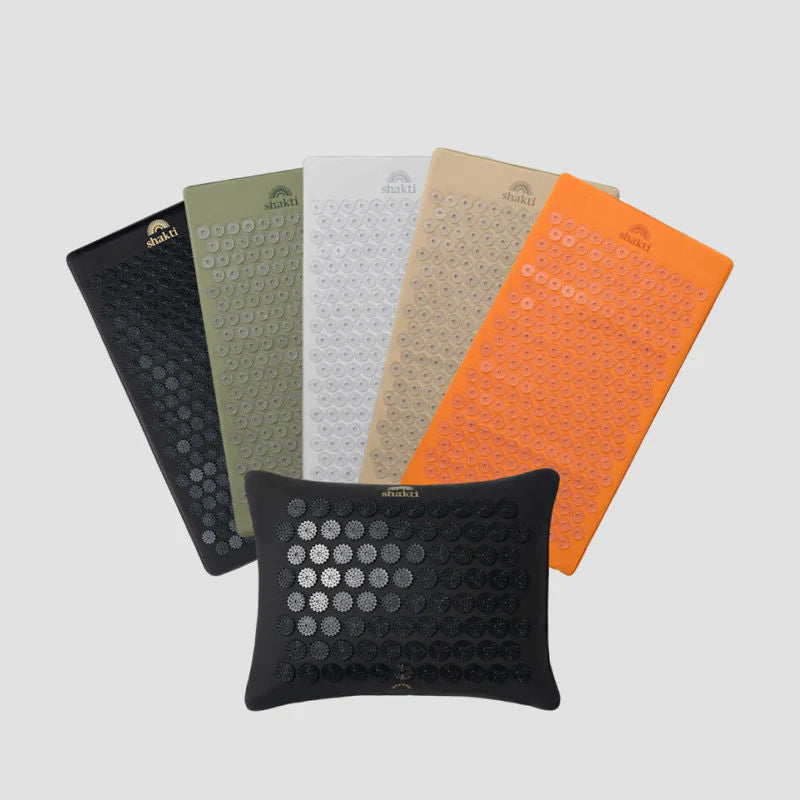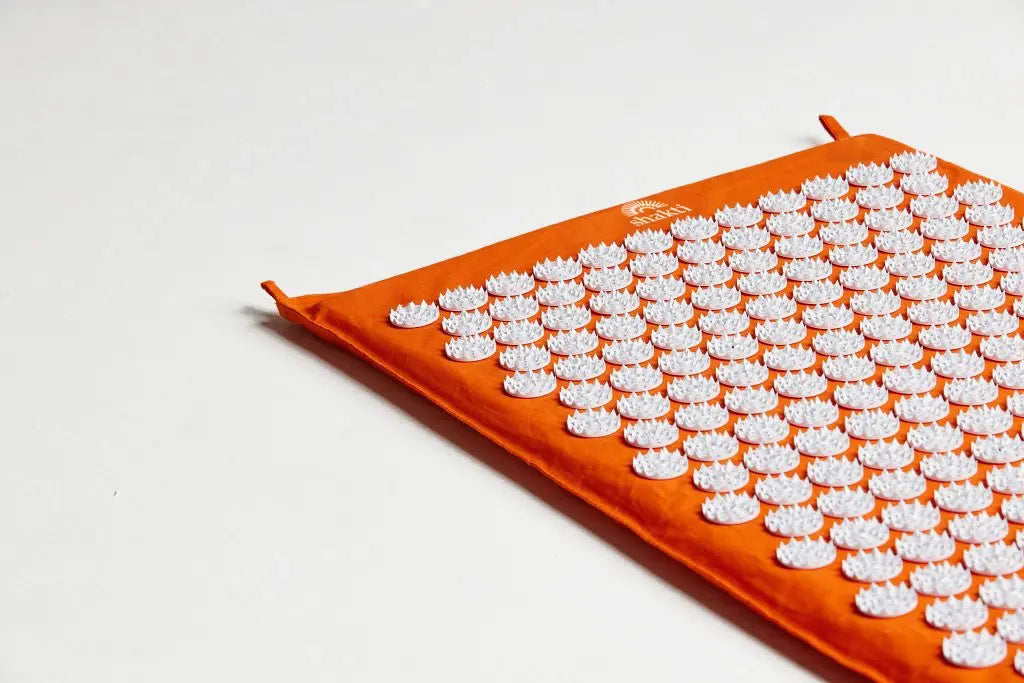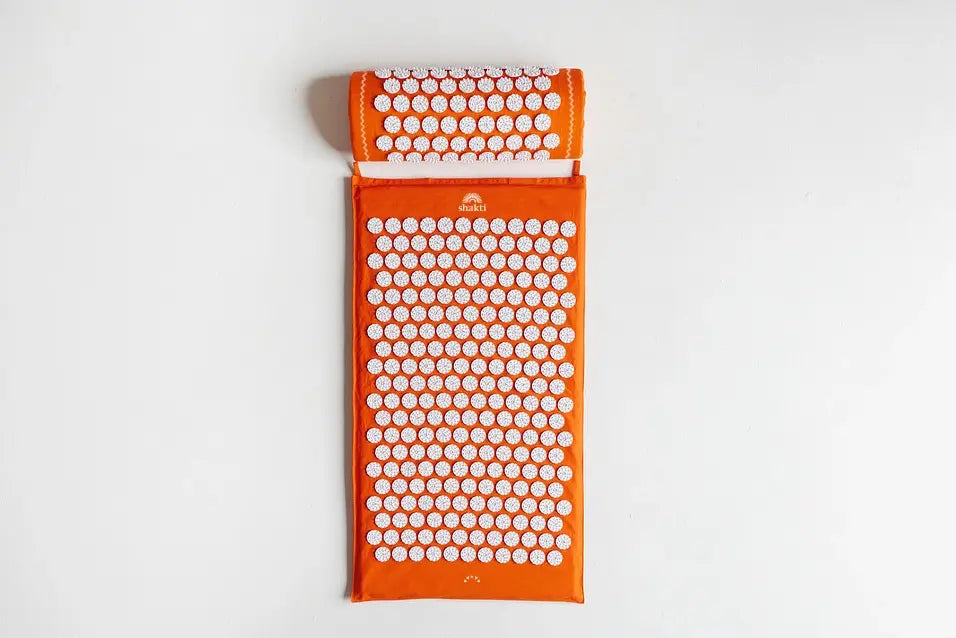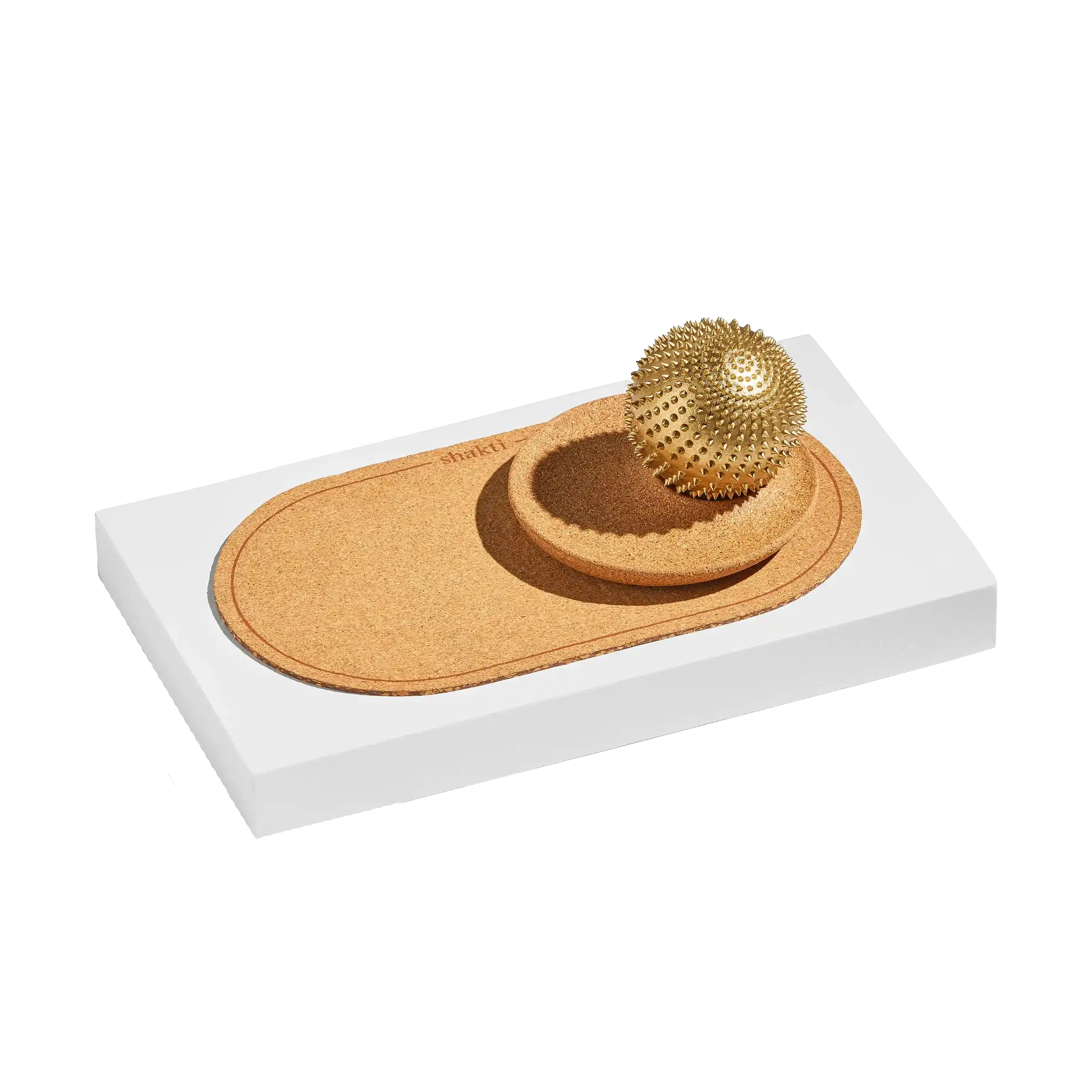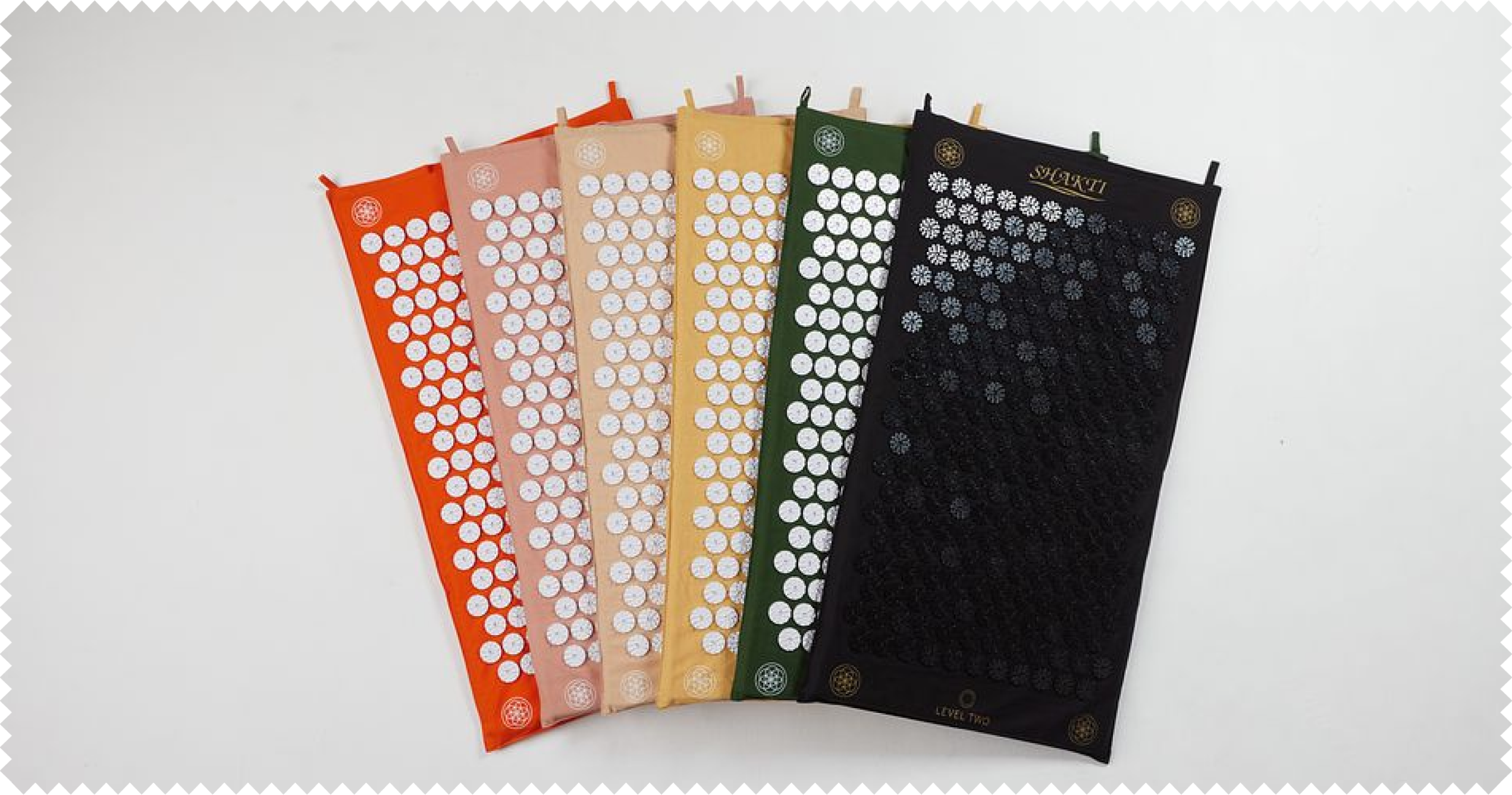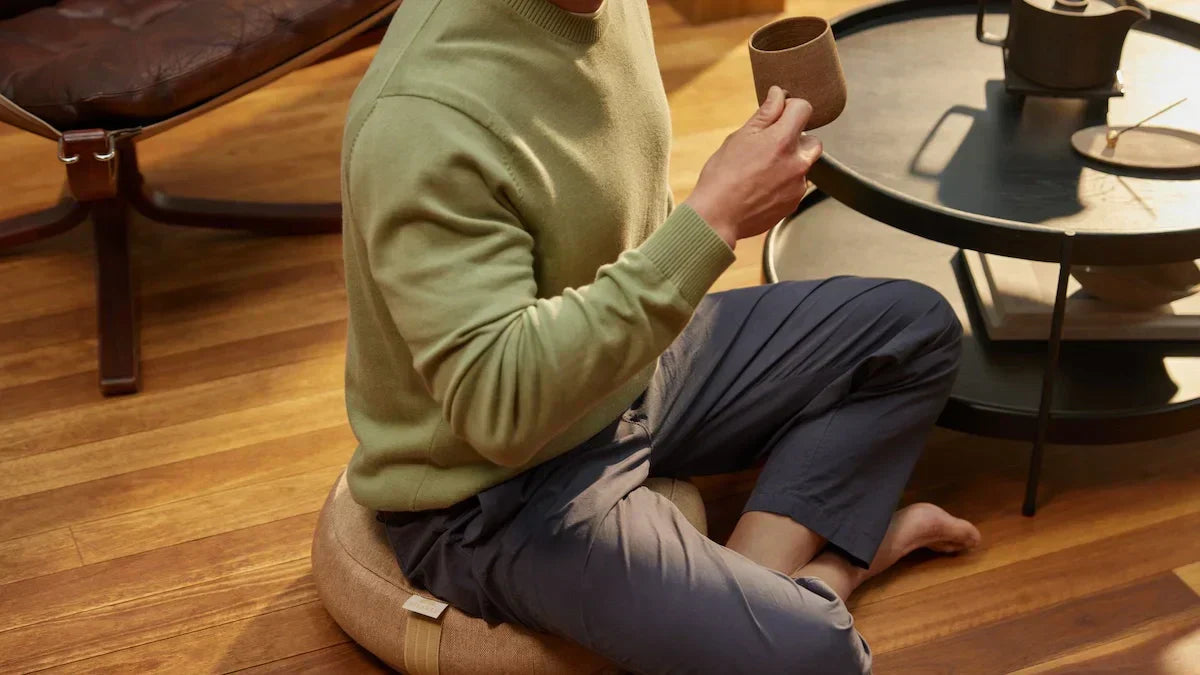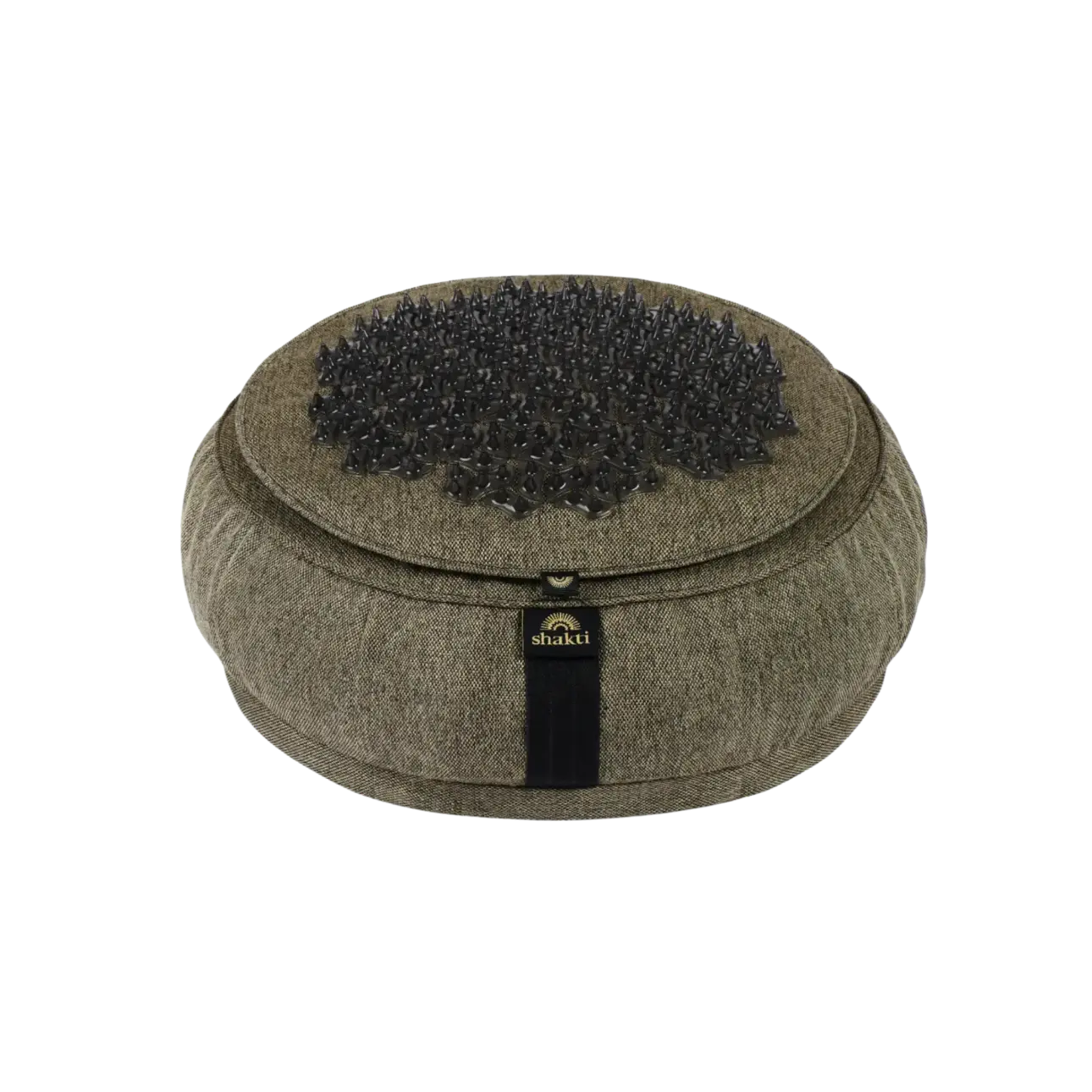Anyone who has ever experienced depression or is perhaps even in the middle of it knows that it is more than just a bit of sadness. There is no drive, thoughts are spinning and even small things feel increasingly heavy and overwhelming. In moments like these, everything can be too much - even the thought of having to do something about it. And this is exactly where meditation for depression comes into play, as it is a gentle, almost passive method that can accompany you on the path to greater well-being.
In moments when depression robs you of all motivation, meditation can be a gentle support. Not a miracle cure, not a quick fix, but a way to reconnect with yourself, calm down and get some distance from stressful thoughts.
In this article, we explain how meditation and depression are connected and how the practice can help you to regain control of your inner emotional life step by step and without any pressure.
Content
1. does meditation help against depression?
2. what happens in your body when you meditate
3. which meditation works best for depression?
4. meditation and acupressure - the perfect duo
Does meditation help against depression?
The short answer: meditation can help, but it is not a panacea. There is therefore no special "anti-depression meditation" or similar that is guaranteed to work. In the case of depression, it is important to seek professional support and not try to deal with everything alone. Meditation can be a complementary way to find more stability and inner peace.
Many people report that regular meditation helps them to deal better with negative feelings and thoughts. It is not about suppressing them and only allowing positive feelings, but rather about meeting yourself in a new, mindful way. Through mindfulness meditation against depression, you can learn not to judge yourself for all your negative thoughts and emotions, but to look at them non-judgementally and deal with them better.
It is important to note that meditation against depression does not work overnight. It takes practice, patience and a certain amount of regularity. This can sound overwhelming at first, but it doesn't have to be. It is often enough to take just a few minutes a day - but do it consistently.
But how is it that meditation can help against depression?
What happens in the body when you meditate
Even if you are completely still on the outside during meditation, a lot often happens on the inside. The nervous system plays an important role here. In hectic everyday life (especially in stressful phases), the sympathetic nervous system is usually active. It is responsible for keeping you on alert: Your pulse rises, your breathing becomes shallower and your body releases cortisol - the "stress hormone" that adjusts to tension.
Regular meditation, on the other hand, can activate the parasympathetic nervous system. This is the counterpart to the sympathetic nervous system and the part of your nervous system that ensures relaxation, regeneration and balance. Your breathing becomes calmer and deeper, your heartbeat slows down and your muscles can relax. Cortisol levels can also gradually fall.
But what does this have to do with depression? It's simple: a body that is constantly on alert can hardly rest - and this can exacerbate depressive symptoms or ensure that the depression persists. Because if you are constantly under tension, it is difficult to think clearly, sort out your feelings or even find access to yourself.
Meditation against depression therefore starts at a very basic point: your nervous system. By learning to regularly enter a state of calm and safety, you give your body the chance to recover. And with physical tension, negative emotions and thoughts can gradually decrease.
Of course, meditation is not a miracle cure for depression. It cannot simply dissolve the negative feelings, but it can help you to deal with them better. Step by step, day by day, breath by breath.
Which meditation works best for depression?
There are many different forms of meditation that you can try to combat depression. There is no 'best' technique for everyone. It is particularly important to be mindful and loving towards yourself when you are depressed. Because not every form of silence or introspection feels good in such a phase.
What can help is a gentle, structured approach: Meditations that don't overwhelm you, but give you support. They don't force you to sit very still or "think nothing", but invite you to be present - with everything that is there.
It's not just the technique that plays a role, but also the attitude: take the pressure off, let go of expectations and don't condemn yourself if thoughts arise or your mood remains depressed for a while. Meditation is not a goal that has to be achieved, but rather a path that you can follow at your own pace.
Healing meditation for depression - techniques to try out
If you want to try meditation for depression, it's helpful to choose methods that don't lead you into overwhelm or endless brooding. Instead, gentle, body-based meditations can be beneficial. Here are a few techniques that work well:
- Mindful breathing meditation: concentrate on your breath without having to change it. Feel how the air flows in and out of your body. If thoughts arise, notice them and gently return to your breathing. The breath can be an anchor that brings you into the here and now.
- Body scan (body journey): Here you focus your attention on different areas of the body one by one - from the feet to the head. This helps you to get out of your headspace and consciously feel your body again without having to change anything.
- Metta meditation (loving kindness): In this meditation, you send yourself and others benevolent wishes such as "May I be kind to myself" or "May you be inwardly calm". This practice can have a healing effect, especially in cases of self-criticism or feelings of guilt - even if it is unfamiliar at first.
- Moving meditation: If you find it difficult to sit quietly, walking meditation or mindful movement can also help. Take slow and deliberate steps, feel your contact with the ground, stay completely with yourself. Movement brings energy into the flow and can help you feel alive again.
- Meditation with sound: Gentle sounds - for example with singing bowls or nature sounds - can have a calming effect and help you to enter a meditative state without having to concentrate on your thoughts.
The important thing is to try out what works for you. It doesn't have to be perfect. Sometimes just a minute of conscious breathing exercises is enough to create a little space between you and the feeling so that meditation against depression has an effect.
Guided meditation for depression
If you suffer from severe depression and try meditation, it can be difficult at first to guide yourself through meditation or even to be still with your own thoughts. In such moments, guided meditations are often particularly helpful.
A calm voice speaks to you, guides you through the exercise and reminds you that you don't have to do anything. This can be relieving - like a little support from outside when everything is too much inside.
Guided meditations are available for many topics: inner peace, self-compassion, stability, letting go or also specifically for depressive moods. Some work with images (such as a safe place), others with breath observation or mindful body awareness.
You can find them for free in meditation apps, on YouTube or via podcasts. Make sure that the voice is pleasant for you and that the style suits your current mood. And give yourself the freedom to stop something if it doesn't feel right.
Guided meditation is no substitute for therapy - but it can be a loving companion in everyday life. A few minutes in which you are not alone with whatever is bothering you.
Meditation and acupressure - the perfect duo
Sometimes it takes more than just a quiet moment to really find yourself. Meditation and acupressure can complement each other wonderfully - like two tools that address different levels: inner peace and physical relaxation.
An acupressure mat, for example, can stimulate blood circulation and the nervous system through targeted pressure. This helps to relieve tension, relax the body and clear the mind - an ideal introduction to meditation, especially on days when stress is still too deep in the body.
The Shakti meditation cushion is also particularly practical: It combines the beneficial effect of acupressure with a stable, comfortable sitting aid. The tips ensure that you can enter into meditation more easily. You sit upright, grounded and at the same time the pressure points gently stimulate the contact area. This allows you to meditate and do something good for your body.
Acupressure before or during meditation can often help with anxiety and depression, allowing you to let go better and arrive in the moment. Why not give it a try!
Conclusion: Meditation as support against depression
Meditation is not a miracle cure - but it can be a valuable support if you suffer from depressive moods. It helps you to look inwards, become more aware of your body and find a more loving way of dealing with your thoughts and feelings.
In small, regular steps, meditation against depression can help you to find inner peace - without any pressure and at your own pace. Whether with quiet breathing observation, gentle acupressure or guided meditation: it's not about changing everything immediately, but about getting back in touch with yourself.
Sometimes this is the beginning of real change.


